Decoding DeFi: Tax Implications for Canadian Investors
06 May 2024
5 Mins Read
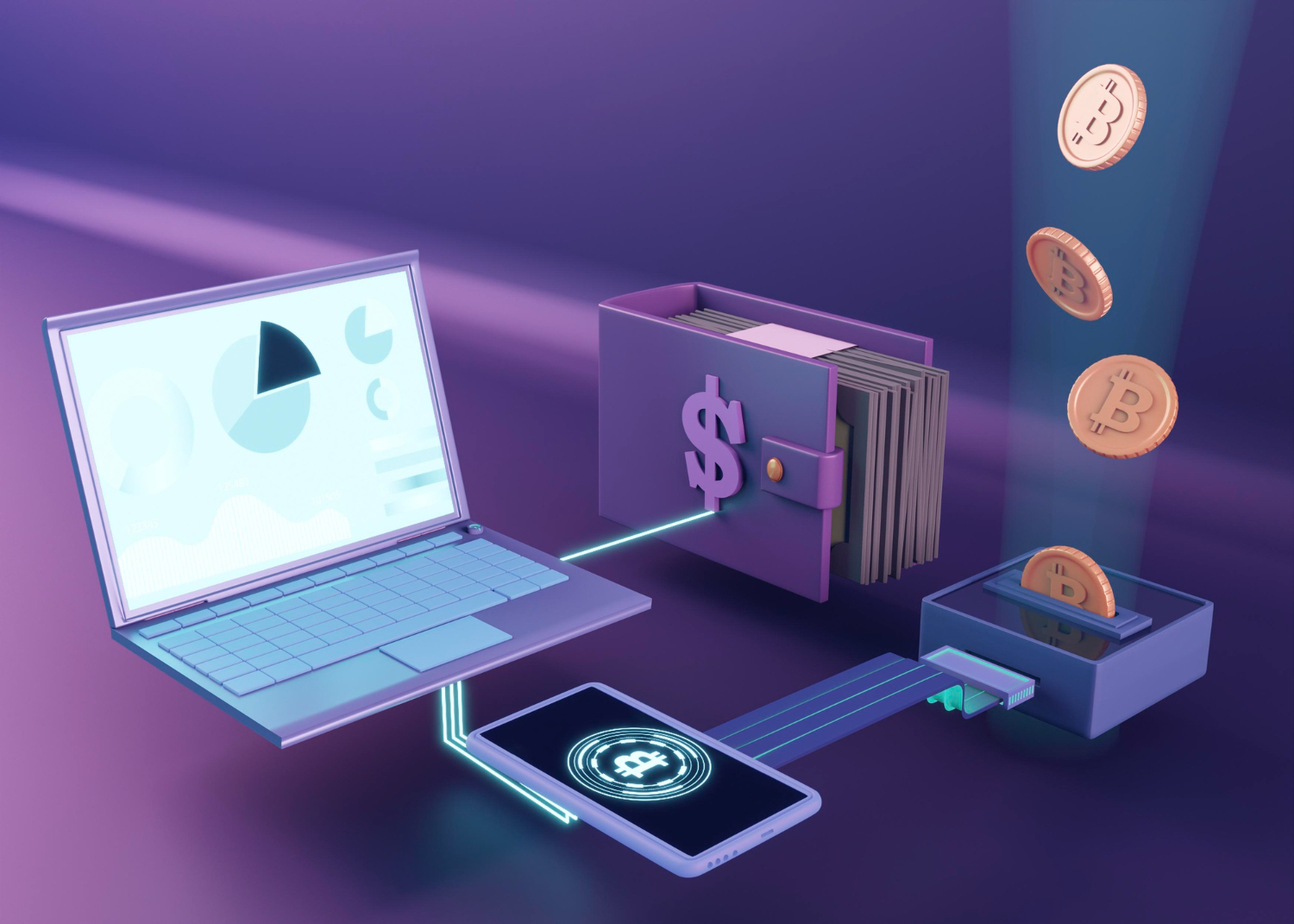
toc impalement
The idea of a decentralized digital ledger as the foundation for offering financial services and investment possibilities has become popular with many Canadian investors. Decentralized finance, DeFi, offers many opportunities, from earning interest on stablecoin deposits to engaging in yield farming, but it also introduces a complex layer of tax considerations. Let’s start decoding defi.
What DeFi Stands For?

DeFi is a term that is an abbreviation for decentralized finance, and it includes several blockchain financial apps. Different types of financial applications built using blockchain tech fall under the umbrella term DeFi.
Using DeFi, you can solve several traditional financial problems in your organization or business. So, if you want to learn more about DeFi and Canada DeFi Taxes, keep reading this article.
How DeFi Functions?
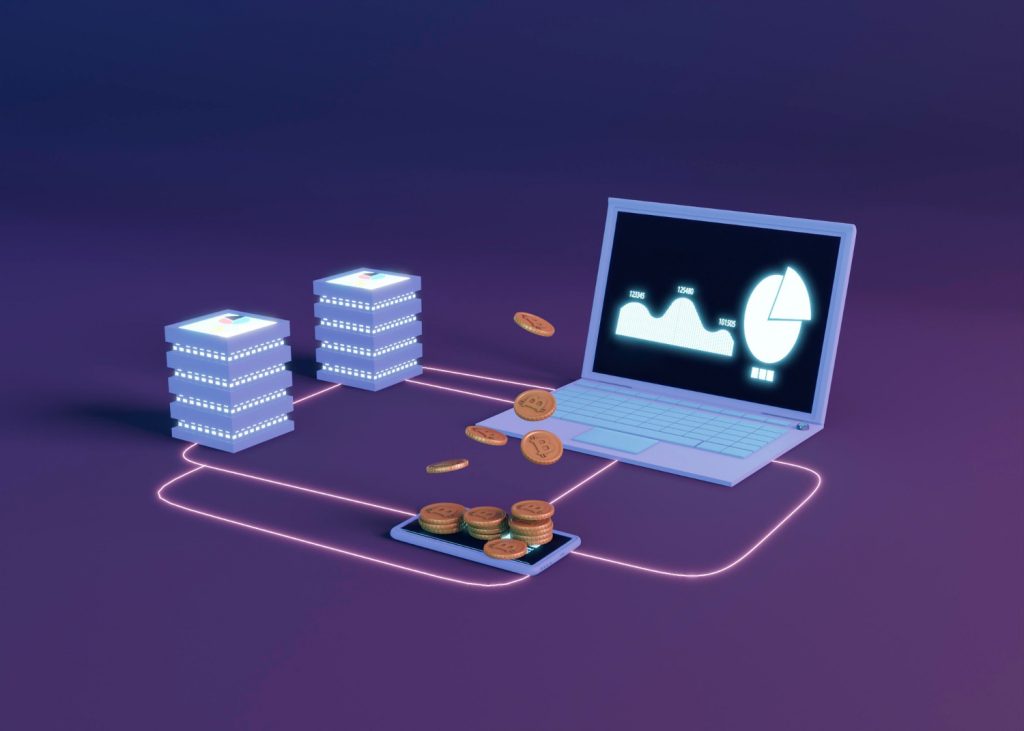
Before we start how DeFi functions, you need to understand that DeFi is a decentralized finance system that functions borderless. By this, we mean that, unlike centralized finances that are controlled by your banks and bound by borders and limitations, DeFi functions independently. Here you can control your finances and do transactions without limiting yourself to borders and regulations.
DeFi functions by relying on liquidity pools. To make it simpler, when you use DeFi for trading or lending money and so on, you will need to stake your assets to earn rewards. You then use these rewards to do any transactions you wish to. All your transactions through DeFi are automated through smart contracts, which are digital codes specifying transaction terms.
DeFi Popular Applications
You already know that several different types of financial applications fall under DeFi. Let’s us see some of these applications that can be used for transactions.
- You can use decentralized exchanges like PancakeSwap or Uniswap to buy and sell your crypto. Not only buying but trading your crypto is also easier through DeFi exchanges.
- Want to loan or borrow crypto from your friend or family, or acquaintances, then use DeFi lending apps like Compound and Aave.
- Planning to buy NFTs or sell them? Then you can try OpenSea or Rarible, which are decentralized NFT marketplaces, to trade your NFTs or buy and sell them.
- Keep your NFTs or any other digital assets secure using DeFi insurance like Unslashed.
- DeFi trading like Lyra or Opyn for trading.
- You can play games to earn crypto through DeFi games.
- DeFi indexes can balance your crypto profile and diversify it.
- You can bet your crypto through DeFi gambling like Wink.
Understanding Crypto Tax in Canada in the Context of DeFi

DeFi transactions, much like other cryptocurrency activities, are subject to crypto tax in Canada. The Canada Revenue Agency (CRA) views these transactions through the lens of commodity trading, meaning that most DeFi activities could trigger taxable events, i.e., capital gains and losses.
There is also the possibility that the frequency of your transactions could be viewed by the CRA as business activities. This means that your earnings would be classified as income for tax purposes under Canada DeFi Taxes.
Whether you are exchanging tokens, receiving interest, or participating in equity, each transaction has potential tax consequences that must be clearly understood. You should properly document and accurately report on your tax return when trading crypto in Canada. As all your transactions under Canada DeFi are taxable.
Before investing in digital assets and participating in blockchain transactions, consult with a Canadian crypto tax lawyer. Your lawyer can guide you to obtain a presentation and official certification of your DeFi activity.
Not only that, when you consult a crypto tax lawyer, you can understand laws regarding Canada DeFi taxes on crypto transactions. You are provided with expert legal guidance on how to report your income. Or how to show your due diligence should you have a dispute with the CRA.
Record-Keeping: The Backbone of Compliance
Every DeFi transaction – no matter how small, must be documented with details. Details such as the date, amount, type of transaction, and value in Canadian dollars at the time of the transaction. This is as per CRA requirements on Canada DeFi taxes on crypto.
Your timely and accurate record-keeping is also best practice in all investment and financial matters. This is essential when you need to track performance and when trying to make decisions by analyzing data.
Taxable Events in DeFi
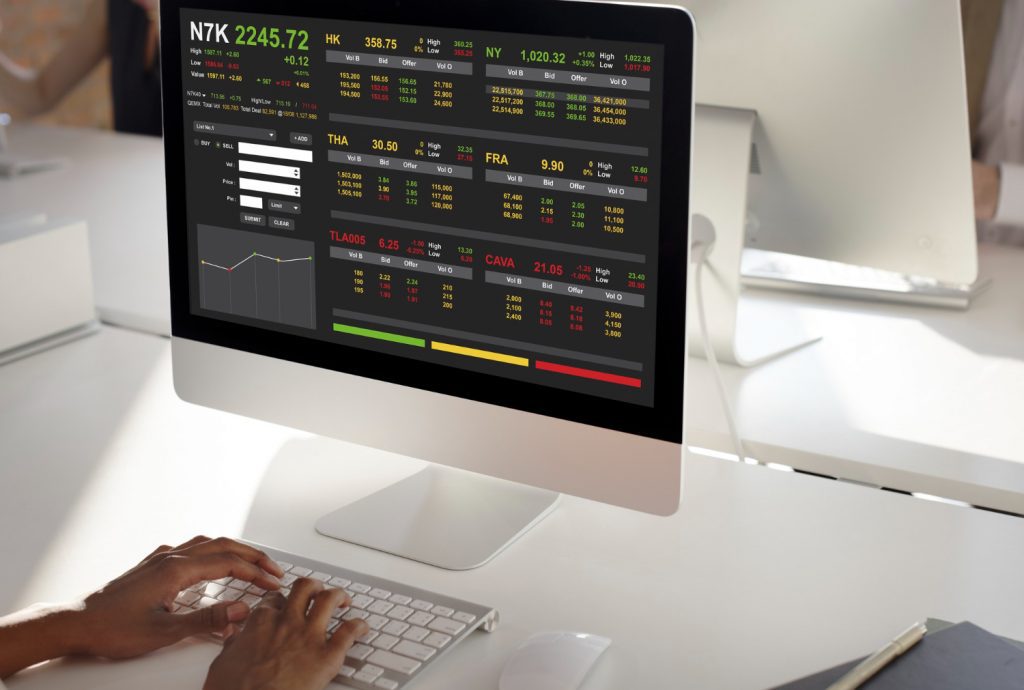
Several DeFi activities constitute taxable events. Examples include –
Token Swaps
You can exchange your cryptocurrency for another within the DeFi platform. This can result in significant gains or losses, which mainly depend on the value of assets at the time of the transaction compared to when the assets were acquired when they were first acquired.
Earning Interest
Your interest earned through DeFi lending platforms is considered income and must be reported in the tax year it was received.
Liquidity Pools and Yield Farming
Participating in liquidity pools or yield farming can generate income in the form of fees or new tokens. Your income in this way is taxable in the year as it is earned, and the valuation of any received tokens is based on their market value at the time of receipt.
Avoiding Common Pitfalls

One of the common pitfalls in DeFi taxation and crypto tax, in general, is overlooking or underreporting income. Given the automation of many DeFi protocols – it’s easy to lose track of transactions. Another challenge is accurately determining the market value of the token at the time of the transaction, which is necessary for the calculation of income, loss, and capital gain or loss.
Strategies for Tax Efficiency
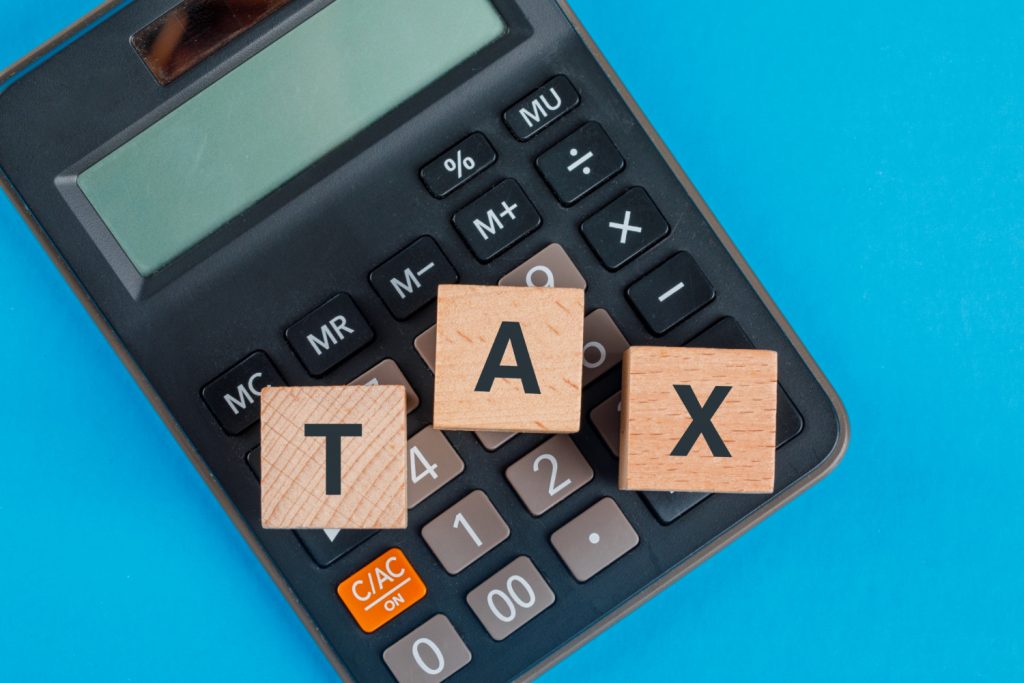
To navigate Canadian tax laws regarding DeFi transactions efficiently, consider adopting the following plans –
Stay Informed
The regulatory environment around cryptocurrency and DeFi is evolving. Always know how the CRA will prioritize classification by staying current on changes in the tax law and by checking the CRA website.
Leverage Technology
Use crypto tax software to accurately track and calculate your taxable events. These tools can aggregate interactions across multiple DeFi platforms, simplifying data capture and reporting processes.
Seek Professional Advice
Given the complexity of DeFi and tax laws, consulting with a licensed tax attorney who specializes in cryptocurrencies can provide you with the right options to minimize your tax bill and get you in hot water in the CRA.
Canada DeFi Taxes On Crypto Gains

Want to know how much taxes you need to pay on your crypto gains in Canada? Then, let’s guide you on Canada DeFi taxes on crypto trading. If you own cryptocurrency in Canada, it’s considered your capital asset. Hence, you will need to pay taxes on transactions using cryptocurrencies.
An individual in Canada needs to pay taxes on 50% of their capital gains, according to the Canada Revenue Agency. So, if you are using crypto to make transactions in Canada, DeFi taxes will be levied in these cases.
The Bottom Line
You must be aware of taxable events in DeFi, as a Canadian investor in DeFi. It is essential for you to be aware of blockchain and cryptocurrency’s formal processing and seek expert advice when needed. You too can meet your Canada DeFi taxes obligation efficiently and safely while gaining profit from this new investment opportunity.
Read More:

















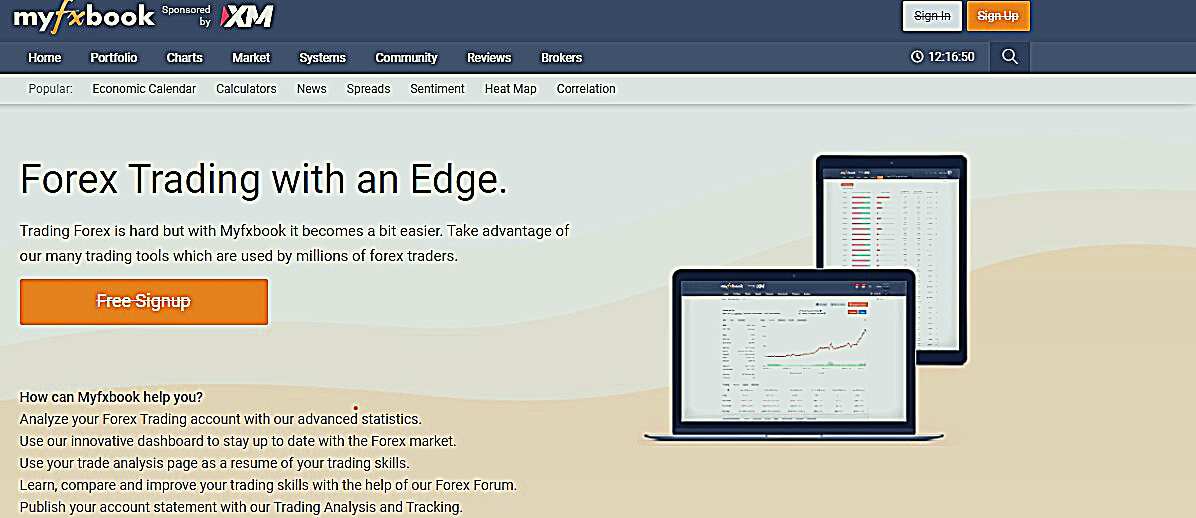
Comments Are Closed For This Article